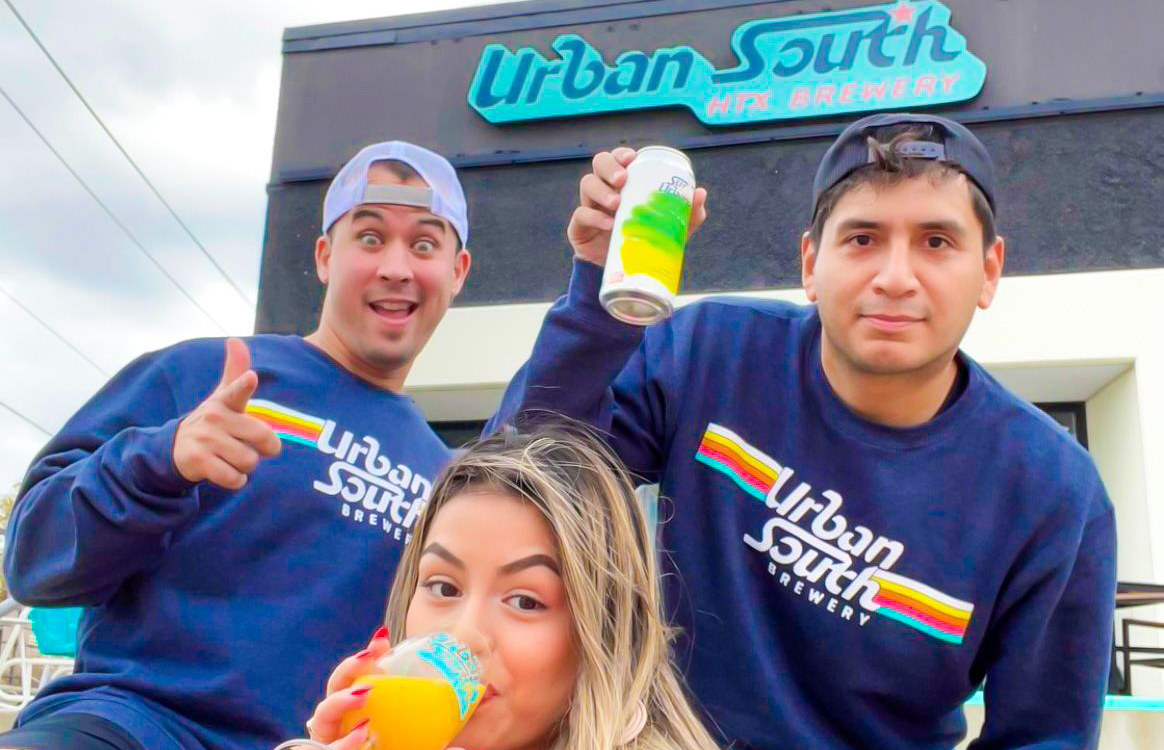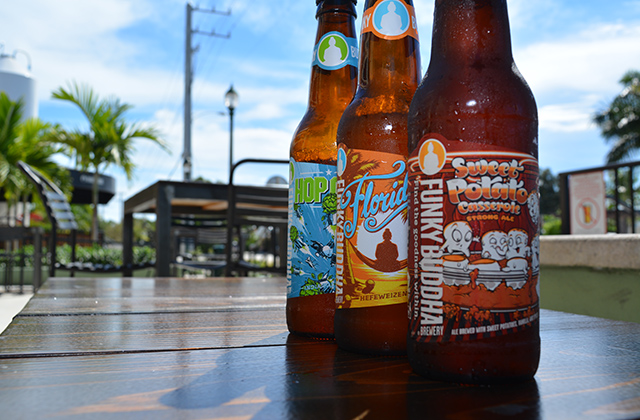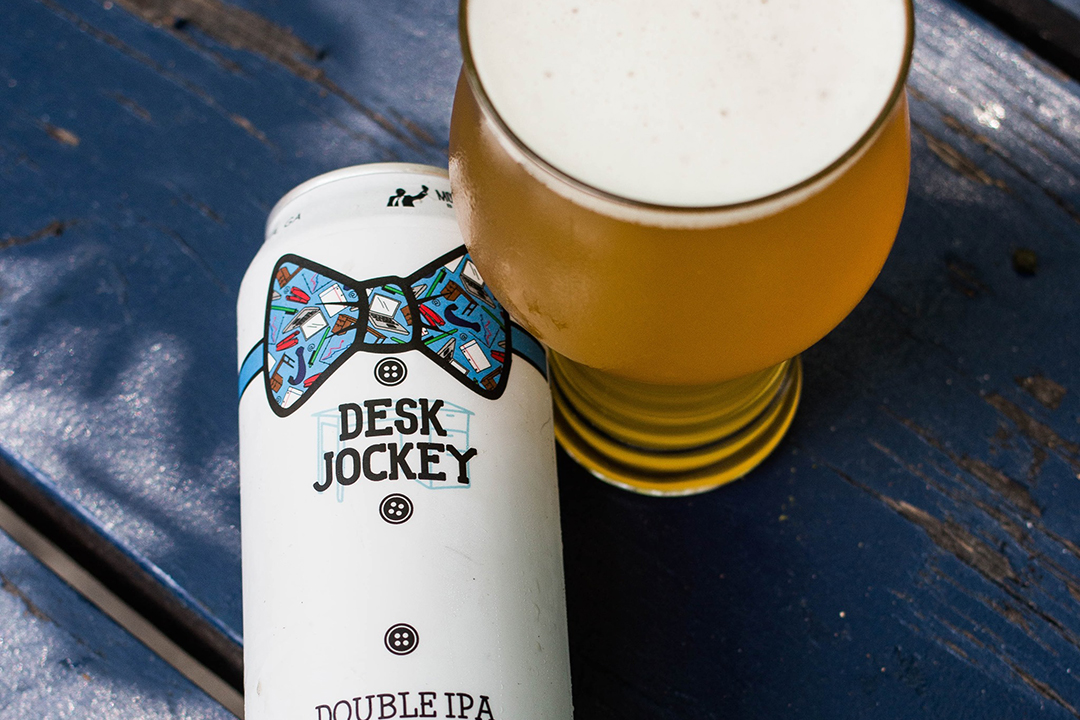
To be a thriving brewery, you have to have a good relationship with your employees, and developing HR policies that they can count on is a part of that growth.
“You cannot anticipate every situation that you need to anticipate,” said Urban South’s Jacob Landry. The New Orleans-based brewery now has a second location in Houston and in that growth he and his wife Courtney have expanded the HR department from just her to her along with a bookkeeper and an office coordinator.
“We’ve built it as the brewery has grown,” she said. “I did have a background in the nonprofit world with admissions and recruitment so the hiring component of my job is something that I had experience with — but the benefits management and even running payroll — those types of things are something that I’ve learned through experience.”
3 Daughters Brewing has an internal person who does most of our HR, but VP of Sales & Marketing, Brian Horne, said there are external resources that they use when things come up that he said that they know that they need help on, especially in regards to employment law or HIPPA.
For breweries like 3 Daughters’ size (they produced around 13,000 barrels in 2021) having someone in charge of HR needs to be a priority.
“I think … once you get over 10,000 barrels, you’re doing enough business on-premise and off-premise so then all of a sudden, you’ve got salespeople, you’ve got an internal workforce, you’ve got an external workforce, and there’s a lot of things that come along with that.
“I can’t tell you quantitative data, but I would say that 10,000 barrels are probably a good threshold.”
Courtney Landry said initially Urban South — which made nearly 21,000 barrels last year — borrowed HR policies from companies that were successful and took good care of their employees.
“We had contacts in different companies that we’d either worked for or were connected to and started with model handbooks from companies we respected,” she said. “Then as we’ve grown, we’ve certainly taken the time to have policies reviewed and make sure that we’re completely compliant.”
One example Jacob Landry said, was they used an emergency paid section copied from another company into their employee handbook.
“Okay, this sounds good,” he recalled. “But we didn’t even realize what it would mean. Then we had a hurricane come through this year, and we were shut down. We didn’t have power for a week and our employees were scattered. We look back at the handbook. It’s like, oh, even if we didn’t anticipate this, this was anticipated by the company that we copied the handbook from, and there’s a policy for this.
“We were able to tell our employees, don’t worry, we’re taking care of you, everyone’s getting paid through this situation. We have five days of disaster pay built into our policies. It helps create some guide rails and it was nice having that even if we didn’t personally anticipate it from the start.”
Resources to Get Started
Most recently Urban South has switched its payroll to Gusto.
“Part of the attraction there was that they provide more people management support and HR support,” Courtney said. “So we’re using those resources now too. But I think the price points of a company like Gusto makes it accessible. Even if you were starting small, you could benefit from advice from a company like that.
Jacob pointed out they went with a bigger national group for insurance, and that company was willing to review the HR manual.
“You’re paying for your insurance premiums, but it’s essentially free, it’s not something you had to pay extra for,” he said.
The same thing with safety, he added.
“I think it’s kind of related, but we’ve found a lot of resources through our insurance broker in terms of safety,” he added. “They provide corporate training, CPR training, Ladder Safety, so they come in and give us courses on those sorts of things. And that’s been really helpful over the years as well.”






Be the first to comment